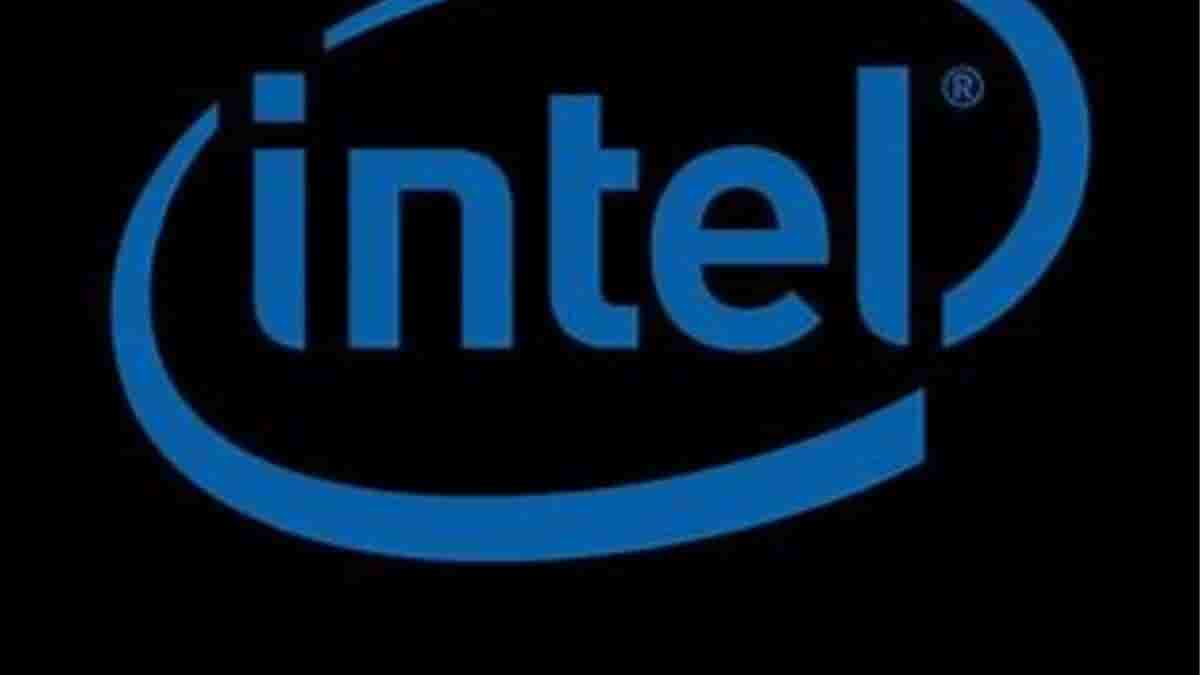The Zen 4 Ryzen 9 7900X has outperformed its unidentified Raptor Lake rival

The AMD Ryzen 9 7900X has made its debut on UserBenchmark, destroying every rival on the average bench chart and revealing the site’s convoluted scoring system in the process. The Zen 4 Ryzen 9 7900X defeated an unnamed Raptor Lake competitor, which may have been an Intel Core i7-13700K engineering sample.
As implied by the name, the AMD Ryzen 9 7900X would have 12 cores and 24 threads. The CPU has a base clock of 4.7 GHz and a boost frequency of 5.6 GHz over a single core. While keeping its 170W TDP, the CPU obtains 76 MB of cache (64 MB L3 + 12 MB L2). The processor will be situated similarly to the AMD Ryzen 9 5900X, but it will outperform the Core i7-12700K, shaking up the ground beneath it.
We get bandwidths for the benchmark of 1494.8 GB/s for memory read, 1445.7 GB/s for memory write, and 1476.6 GB/s for memory copy, with a latency of 10.1 ns.v
This truth must be made clear right away: UserBenchmark is renowned in the benchmarking community for its blatant and well-documented bias against Intel components.
On the average bench chart, the Ryzen 5 7600X is now in second place with 117%, followed by the Intel Core i9-1200KS with 115%. Therefore, in this particular run, the 12-core Zen 4 processor is already a staggering 18% in front of the Ryzen 7000 processor. The main competition for Zen 4 is the upcoming 13th-gen Raptor Lake series, not Intel’s 12th-gen Alder Lake CPUs. It’s noteworthy to note that a couple of Raptor Lake engineering samples have been located on UserBenchmark, one of which generated a bench average of 134%, which was equally impressive.
When tested with an ASRock X670E Pro RS motherboard, the Ryzen 9 7900X achieved these individual section percentages for an overall average bench of 135%: Regular (1-core and 2-core): 150%; Heavy (4-core and 8-core): 185%; Server (64-core): 223%. The scores for Raptor Lake ES, which received a 134%, are as follows: Heavy: 164%; normal: 139%; server: 117%. Although UserBenchmark seems to be less concerned with multi-core domination when producing its benchmark scores, the AMD Ryzen 9 7900X is still significantly better than the Raptor Lake sample in normal and heavy, but only improves by 1% in average bench score. There is still more damning evidence that there is an issue here.
The two Raptor Lake ES portions previously addressed had an average bench difference of 4% (134% vs. 130%), but the variations in the light and heavy scores were insignificant, and the lower-scoring 16-core component entirely destroyed the server score’s 8-core piece. Raptor Lake chips showed differences in normal, heavy, and server workloads of 5%, 5%, and 113%, respectively. In comparison to the Ryzen 9 7900X, the AMD Zen 4 component beat the 134%-scoring Intel CPU by 11% in normal, 21% in heavy, and 106% in server.
However, compared to the Ryzen 7000 processor, the Raptor Lake engineering sample is only 1% quicker (see table below). Even though UserBenchmark has made overt attempts to discredit AMD’s Zen 4 products, it is clear that the Ryzen 9 7900X could force the reviled website to change its mind.


